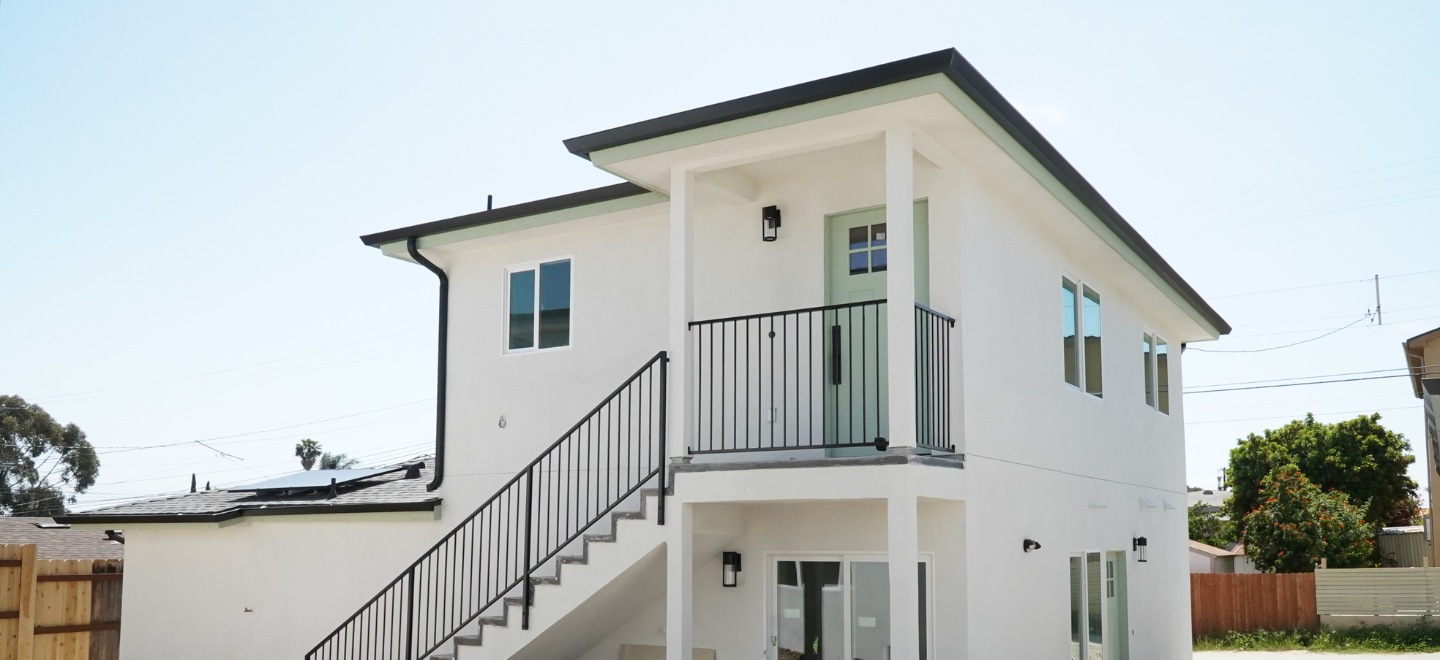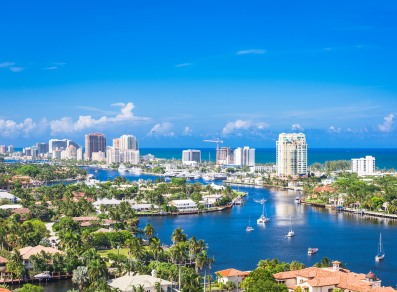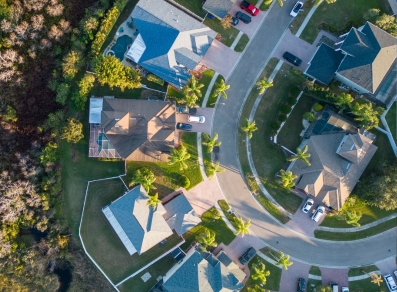San Diego faces scrutiny from state over ADU program rollbacks

The state of California is putting pressure on San Diego to reconsider proposed changes to its Accessory Dwelling Unit (ADU) program. In a letter sent June 27th to Planning Director Heidi Vonblum, the California Department of Housing and Community Development (HCD) warned that the city of San Diego’s planned ADU rollbacks could violate state housing laws and undermine the city’s own long-term housing goals.
The concerns stem from San Diego’s ADU Home Density Bonus Program, a policy introduced in 2020 that allowed property owners to build more accessory dwelling units than state law typically permits. This applied to a range of residential properties, not just single-family lots. If a homeowner included an affordable, deed-restricted ADU, the program granted permission for an additional market-rate ADU as a bonus. According to the University of California, Berkeley's Terner Center for Housing Innovation, the program has been credited with making San Diego a statewide leader in ADU construction, helping to add new affordable units in neighborhoods near jobs, schools, and transit.
But amid growing concerns about parking, wildfire risk, and the pace of development, city officials proposed a set of changes to narrow the program’s scope. These include limits on ADU height and placement, new off-street parking requirements, and, most notably, restrictions on where the bonus program would apply. Under the proposal, homeowners in certain neighborhoods would no longer qualify to build more than one detached ADU, even if they agreed to affordability terms.
Before the San Diego City Council could finalize those changes, HCD stepped in. In its letter, the state agency said that the new rules could reduce the city’s housing capacity and limit ADU access in certain areas of the city, potentially violating several key housing laws. That includes the state’s ADU statutes, its fair housing policy known as Affirmatively Furthering Fair Housing, and its Housing Element law, which requires cities to plan for enough housing across all income levels.
San Diego’s Housing Element, which is the city’s official long-term housing plan, was certified by HCD in 2021. That certification was based in part on the city’s aggressive approach to ADUs, including the density bonus program. Weakening that program now, the state argues, could throw the city out of compliance.
One major concern for the state is whether the new rules would limit affordable housing in higher-income areas. In its letter, HCD noted that restricting ADU construction in wealthier communities—places with strong schools, parks, transit, and jobs—could undercut fair housing goals. These neighborhoods, often referred to as “high opportunity” neighborhoods, are where families typically have more access to long-term success. State law requires cities to make affordable housing accessible throughout their jurisdictions, not just in lower- or middle-income communities.
The stakes are high. If the city adopts the changes without resolving the state’s concerns, it could lose its “pro-housing” designation, which gives San Diego an edge when applying for competitive state housing funds. It could also open the door to stronger enforcement actions. According to HCD, that could include revoking parts of the city’s zoning code if they’re found to conflict with state law, essentially giving the state authority to override local restrictions.
San Diego submitted a formal response to HCD on July 11th. In it, city officials defended the proposed changes as targeted and reasonable. They emphasized that the revised rules would still allow bonus ADUs in high-opportunity neighborhoods such as La Jolla and Point Loma—areas that were initially slated to lose eligibility. The city also projected that it would continue to produce at least 40 deed-restricted affordable ADUs per year, which meets a key benchmark outlined in the Housing Element.
City staff stressed that the proposed changes were designed to ensure the program remains equitable and sustainable, not to shut down affordable housing. In fact, the response noted that much of the recent ADU construction has been driven by large developers, which raised concerns about speculation and the loss of older, more affordable homes. The revised rules, the city argues, aim to preserve the original intent of the bonus program: to help homeowners add income-generating units while contributing to affordability.
As of mid-July, San Diego’s ordinance remains under review. The City Council delayed a final vote while awaiting further guidance from the state. HCD has not yet issued a public decision in response to the city’s letter, but a formal determination is expected in the coming weeks. The outcome could shape not only San Diego’s approach to ADU construction, but how much freedom other cities have to revise ADU rules without running afoul of state law.
For homeowners, the current moment serves as a reminder that ADU regulations can change quickly. What’s permitted today may be different tomorrow. The city of San Diego still offers one of the most ADU-friendly environments in the state, but the direction of future policy remains uncertain.
Quick Tip: If you’re thinking about building an ADU, check with the City of San Diego’s Development Services Department or consult a local ADU expert to ensure you’re up to date on the latest rules and eligibility requirements.
Related ADU News
Looking for more ADU news? Continue exploring in-depth articles on California accessory dwelling unit laws, policy updates, and development trends.
.webp)
Ready to begin your journey?
Take the first step toward transforming your property and your life. Schedule a consultation with one of our experts and start your ADU journey today.




.svg)
.jpg)
